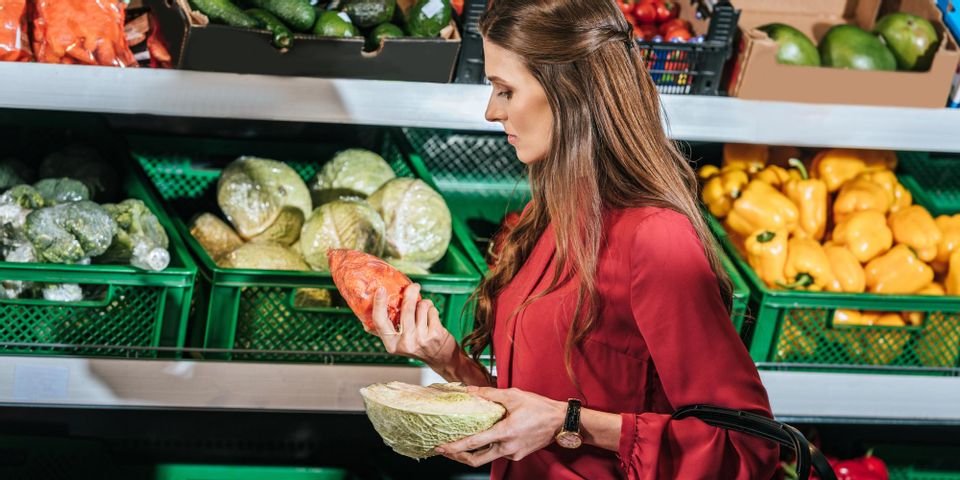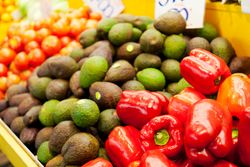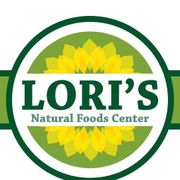
Genetically modified organisms (GMOs) refer to genetic material that has been altered into a version not typically found naturally. GMO foods contain this changed material, which has led to concerns about the potential impact on the consumer’s health. Here’s what to know about GMOs and why many people are opting for non-GMO foods.
A Guide to GMOs
What is the purpose of GMOs?
Genetically modified foods are produced because they can offer benefits for both the producer and the consumer. Consumers may see lower prices as well as long-lasting products, particularly for perishables like produce. When it comes to producers, especially farmers, the goal is to create crops that have a higher tolerance against insects and infections.
The more resistant crops are to these problems, the better the chances are for a higher yield each growing season. The introduced genes also boost the plant’s strength and remove issues like easy bruising.
Are GMOs necessary for the population?
GMOs are not always created to boost the yield of crops meant for human consumption. Instead, most are engineered for animal feed to improve its resistance to disease and pesticides. Many farmers use this feed to reduce health risks to their livestock.
Are there problems with GMOs?
 Genetically modified foods go through tests and meet standards to ensure safety for the general public. However, there are concerns about possible adverse effects, such as higher allergy risks and lower antibiotic resistance when consuming GMO ingredients. Besides issues with the human body, some farmers have seen an uptick in superweeds and super pests that infiltrate their crops.
Genetically modified foods go through tests and meet standards to ensure safety for the general public. However, there are concerns about possible adverse effects, such as higher allergy risks and lower antibiotic resistance when consuming GMO ingredients. Besides issues with the human body, some farmers have seen an uptick in superweeds and super pests that infiltrate their crops.
What is the difference between non-GMO and non-GMO Project Verified?
Non-GMO lets you know that the food item did not undergo genetic engineering and ingredients are not made from GMOs. Project Verified means the producer followed the regulations to be compliant with the Non-GMO Project Standard. These items have undergone testing, traceability, and segregation processes to meet the criteria for food safety.
If you see a label that reads non-GMO food, the verified mark lets you know that the product follows the compliance standards. This designation does not mean GMO-free but instead lets you know that it meets the criteria to be considered non-GMO.
For non-GMO food in the Greater Rochester and Finger Lake area of New York, head to Lori's Natural Foods Center. Since 1981, the store has offered local produce and a selection of natural food and supplements. Their friendly team can help you find the right choices for your diet. Call (585) 424-2323 with any questions, or visit them online for more on their healthy food choices.
About the Business
(511 reviews)
Have a question? Ask the experts!
Send your question

